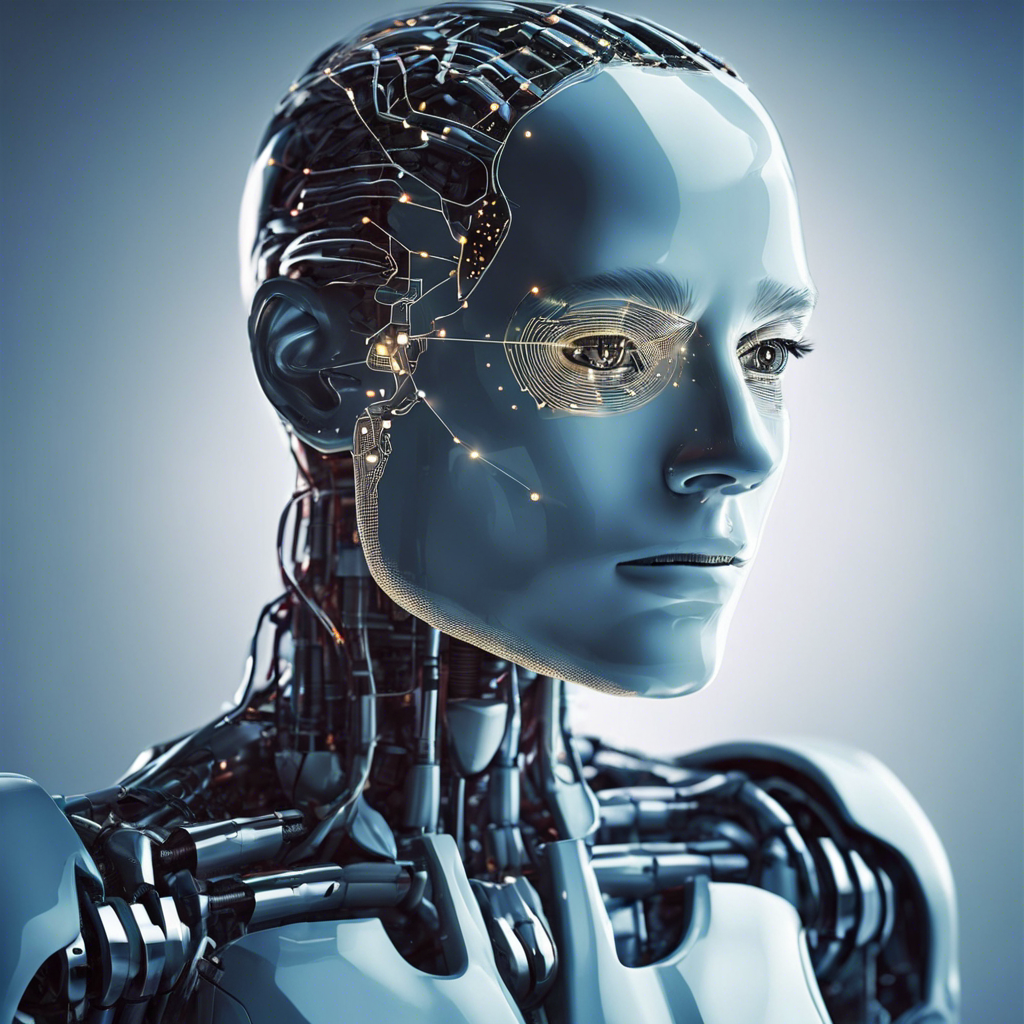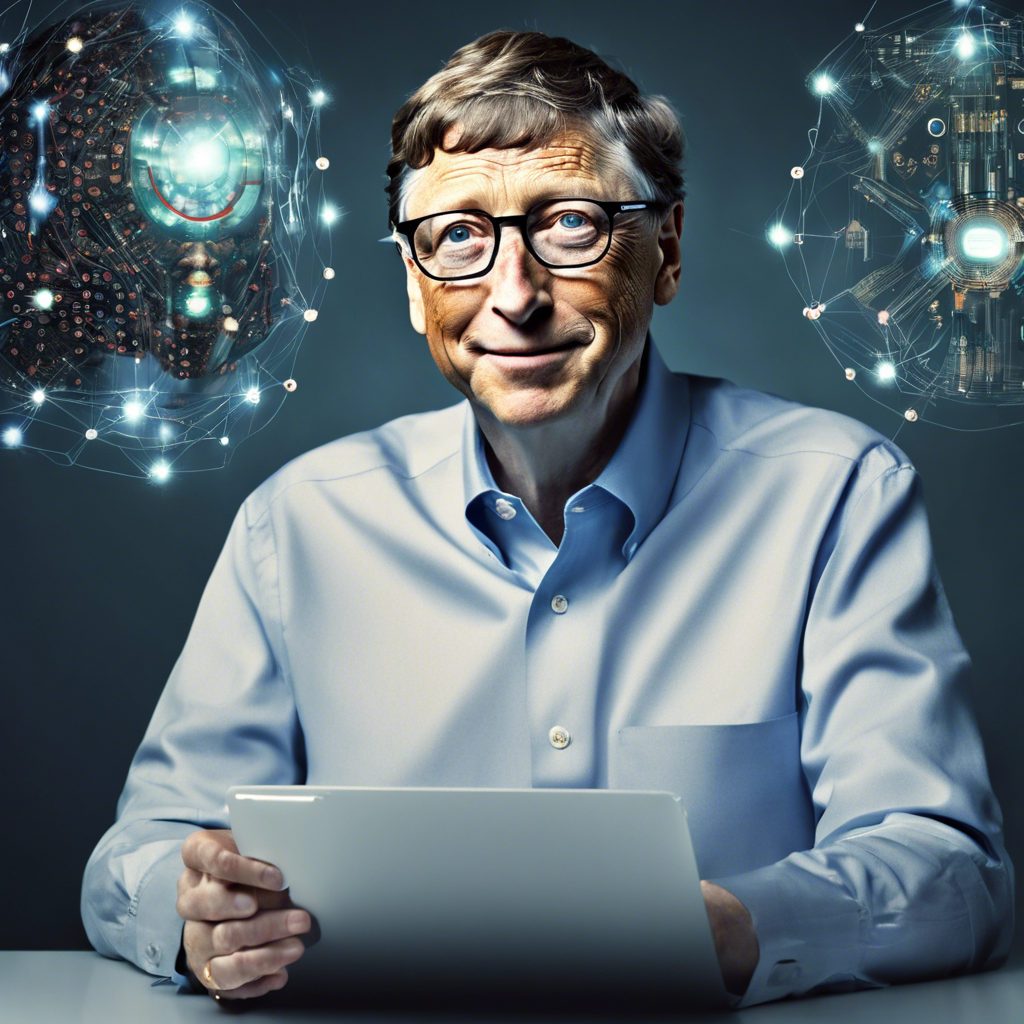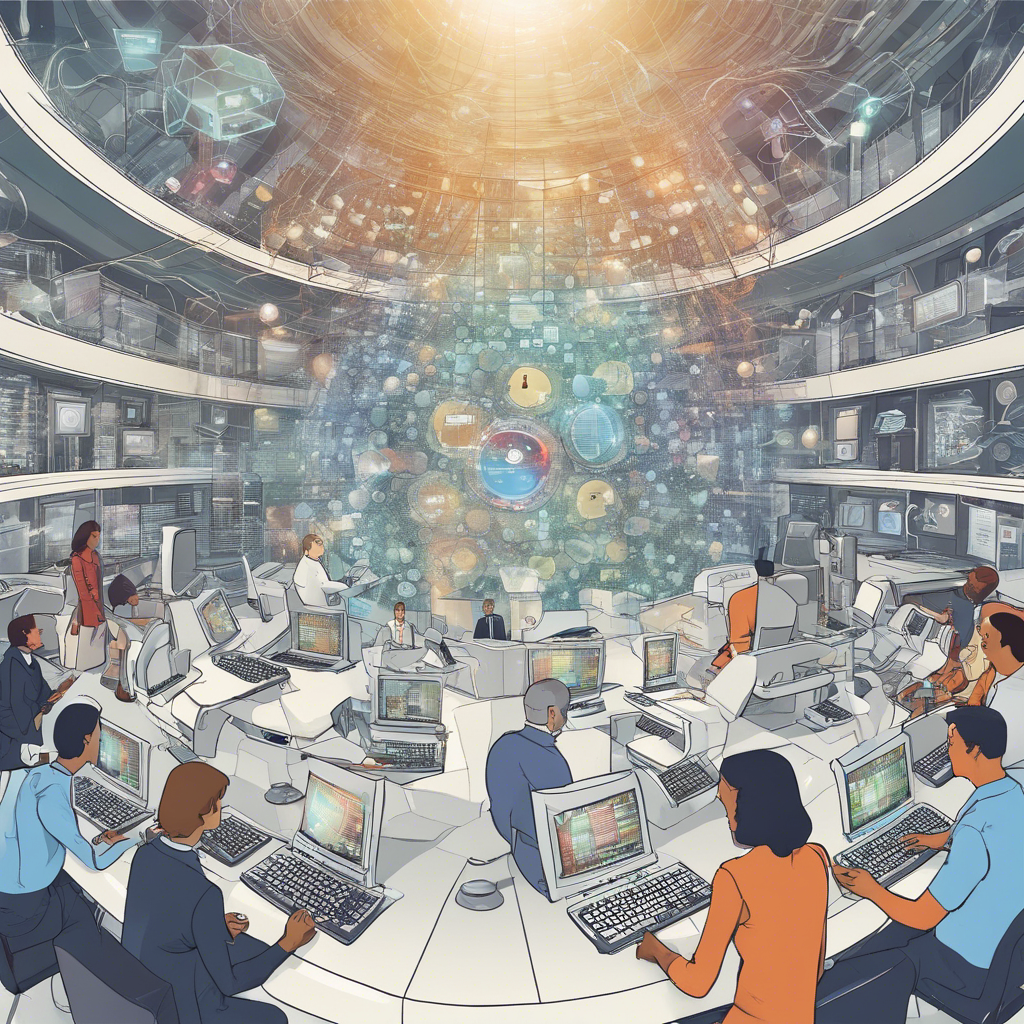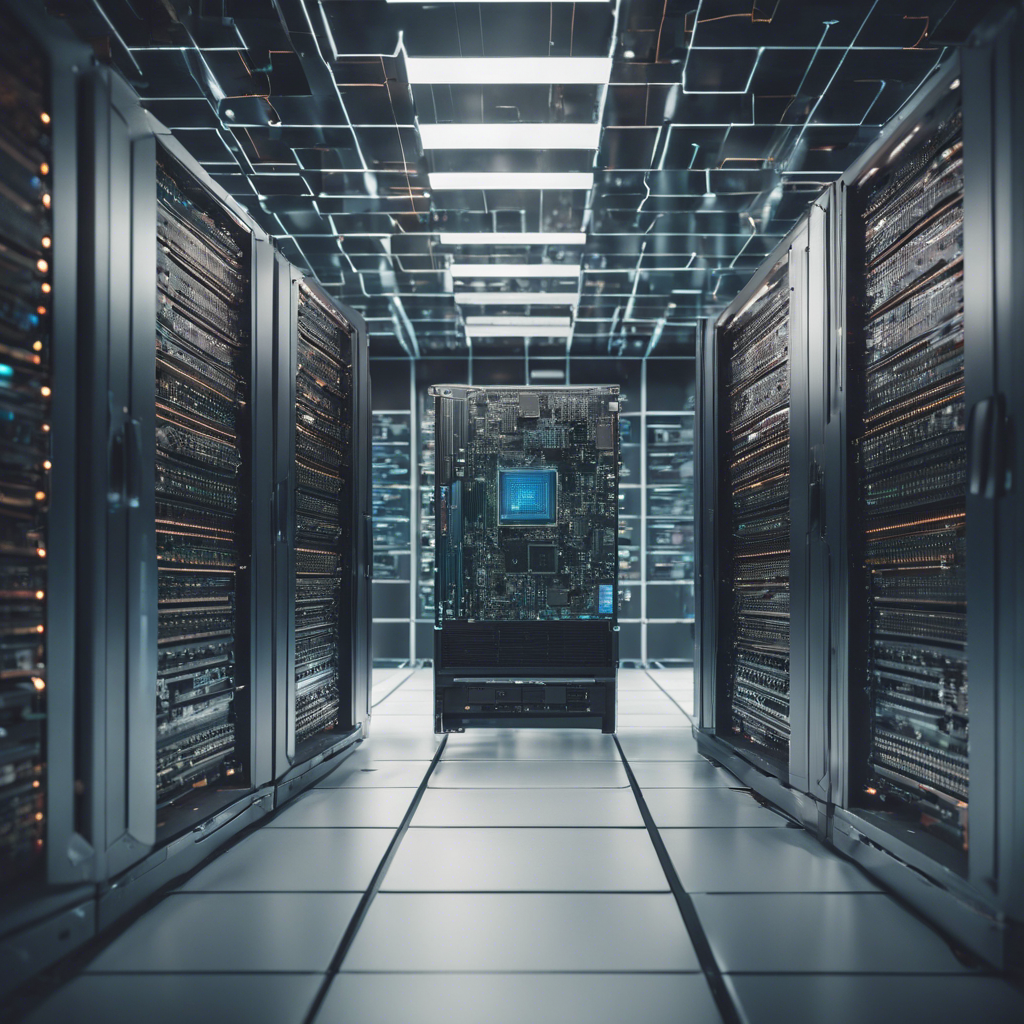A student project reveals the impressive geolocation capabilities of artificial intelligence, raising concerns about privacy and surveillance.
Advancements in artificial intelligence (AI) continue to unlock new capabilities, with the latest revelation being its remarkable ability to geolocate photos. A project called Predicting Image Geolocations (PIGEON), developed by three Stanford graduate students, has demonstrated that AI can accurately identify the locations of personal photos, even without prior knowledge. While this newfound power has potential benefits, such as helping people identify the origins of old snapshots or assisting field biologists in surveying regions for invasive species, it also raises concerns about privacy and the unintended exposure of personal information. Privacy experts warn that this technology, which is likely to become widely available, could be exploited for government surveillance, corporate tracking, or even stalking.
The Birth of PIGEON: A Project Inspired by a Popular Online Game
The PIGEON project originated from the shared interest of three Stanford graduate students, Michal Skreta, Silas Alberti, and Lukas Haas, who were avid players of an online game called GeoGuessr. This game challenges players to geolocate photos by placing a pin on a map to indicate the photo’s location. Inspired by their passion for this game, the students aimed to build an AI player that could outperform human players. They utilized an existing AI system called CLIP, developed by OpenAI, which learns about visual images by reading text descriptions. By training their version of CLIP with images from Google Street View, the students created the PIGEON system capable of identifying the location of a Google Street View image with remarkable accuracy.
PIGEON vs. Human: AI Takes the Lead
To test the capabilities of PIGEON, the Stanford students pitted their algorithm against a highly skilled human geolocator named Trevor Rainbolt. Despite Rainbolt’s expertise, he was consistently outperformed by the AI system. PIGEON’s success can be attributed to its ability to discern subtle details in the photos, such as variations in foliage, soil, and weather, which humans may overlook. The program correctly identified the country of a photo 95% of the time and could pinpoint the location within approximately 25 miles.
Potential Applications and Benefits of PIGEON
The PIGEON system holds immense potential for various applications. It could aid in identifying infrastructure issues, such as damaged roads or power lines, contributing to efficient maintenance and repairs. Additionally, PIGEON could be utilized as a tool for biodiversity monitoring, helping scientists track changes in ecosystems. Its ability to accurately identify locations could also make it a valuable resource for educators and travel enthusiasts, enabling them to find similar destinations worldwide based on their preferences.
Privacy Concerns and Unintended Consequences
Despite the potential benefits, privacy experts raise concerns about the unintended consequences of AI geolocation technology. Jay Stanley, a senior policy analyst at the American Civil Liberties Union, warns that individuals’ locations are highly sensitive information. He fears that this technology, once widely available, could be misused for government surveillance, corporate tracking, or even stalking. Stanley points out that companies like Google already employ AI for location estimation, and the ability to track individuals’ travel patterns or identify their visits to specific countries raises significant privacy implications.
The Power of AI and Future Implications
The success of the PIGEON project as a student endeavor raises questions about the potential capabilities of AI in the hands of major tech companies like Google. While the Stanford students have withheld the full model of their system due to privacy concerns, experts believe that AI-driven geolocation will continue to advance. Stanley suggests that individuals should be cautious about the background details in the photos they share online, as AI algorithms can extract valuable location information from them.
Conclusion:
The emergence of AI-powered geolocation technology, exemplified by the PIGEON project, highlights both the remarkable capabilities and potential risks associated with artificial intelligence. While the ability to accurately identify photo locations has beneficial applications, such as assisting in historical photo analysis or ecological research, it also raises concerns about privacy and surveillance. As AI continues to progress, it is crucial to strike a balance between harnessing its potential and safeguarding individual privacy. Awareness and caution regarding the information shared through personal photos can help mitigate the unintended consequences of AI-driven geolocation technology.











